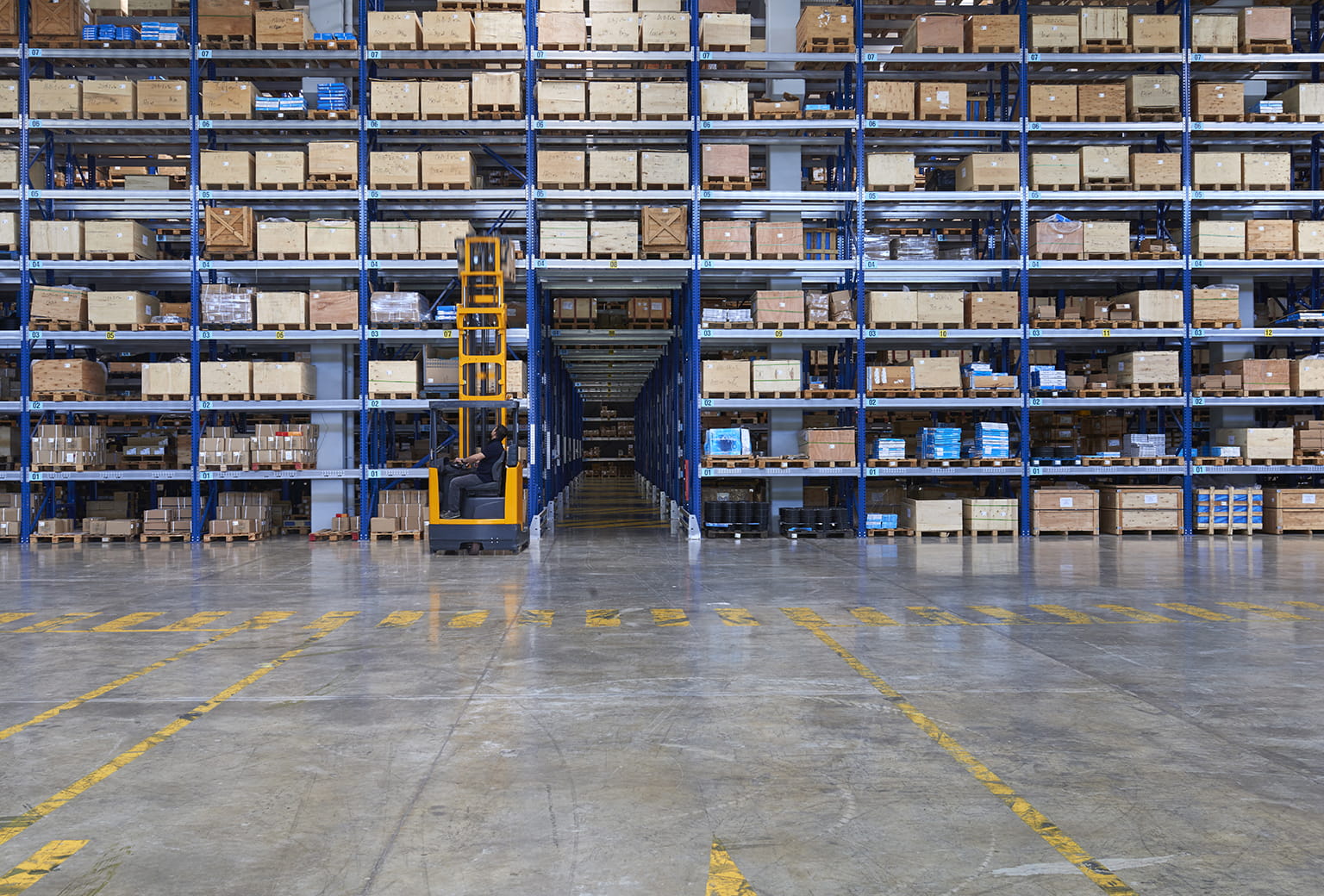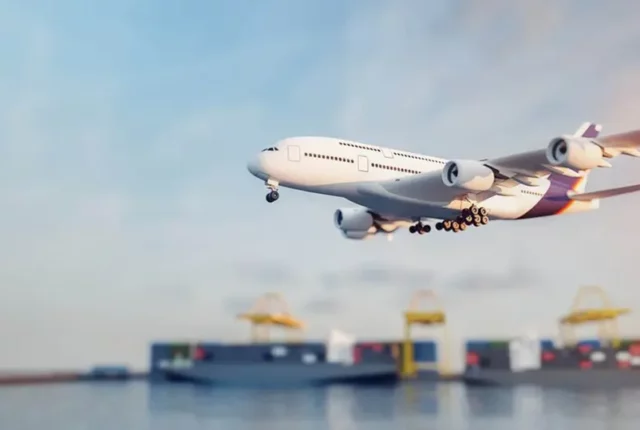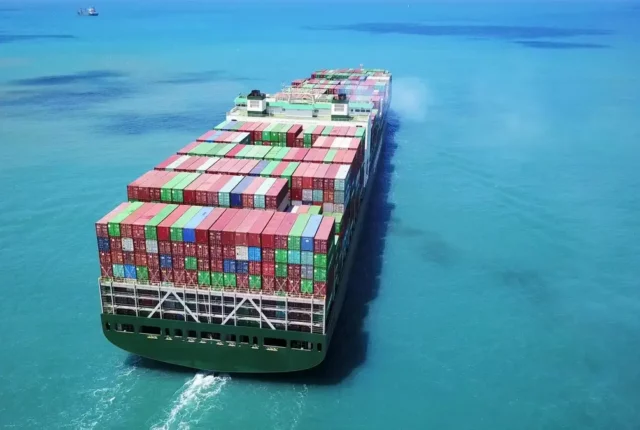
What is the Harmonised System of Codes in Respect of Trade Goods?
The Harmonised System is a framework of codes and descriptions used to identify all tradeable goods. At the international level, the Harmonised System comprises 97 chapters with associated two digit codes, which are then each divided into headings (four-digit codes) and subheadings (five and six digit codes).
Countries using the Harmonised System are permitted to implement supplementary domestic subheadings, provided they are consistent with the internationally agreed nomenclature. Australia supplements the international classifications with seven and eight digit subheadings. Australia uses these domestic subheadings to separately describe specific goods in which there is particular policy interest. Customs duties are assigned to the eight digit codes.
The outcomes of the sixth review include the creation of new subheading classifications for emerging technologies and product categories such as 3D printers and edible insects respectively, and the removal of subheading classifications for products that are no longer traded in significant volume such as answering machines. The outcomes also include creating new subheading classifications to improve the monitoring of trade for goods of concern such as synthetic diamonds, dangerous chemicals that are controlled under the Montreal Protocol and the Chemical Weapons Convention, and environmental goods such as electronic waste. To implement these outcomes for Australia, amendments are required to the chapters, headings, subheadings (both international and domestic) and to the legal notes contained in Schedule 3 to the Customs Tariff Act. Except in exceptional circumstances, these amendments will be made in a manner which preserves duty rates. Consequential amendments are also required to Schedule 4, which specifies concessional tariff treatment for goods that meet specified criteria, and to Schedules 4A to 13 inclusive which provide for preferential rates of customs duty under free trade agreements.
The outcomes of the sixth review of the Harmonised System are scheduled to commence Internationally on 1 January 2022.
In addition to the amendments made by the Bill, consequential amendments are also made to the Customs Act 1901 to implement the sixth review of the Harmonised System.
Collectively, the amendments revise the tariff codes under which goods are currently traded Internationally between countries.






